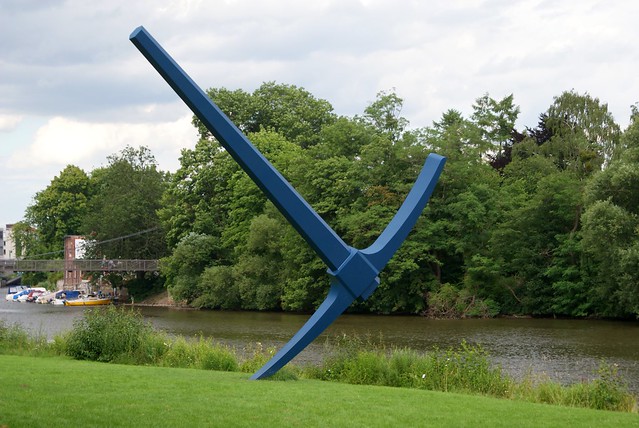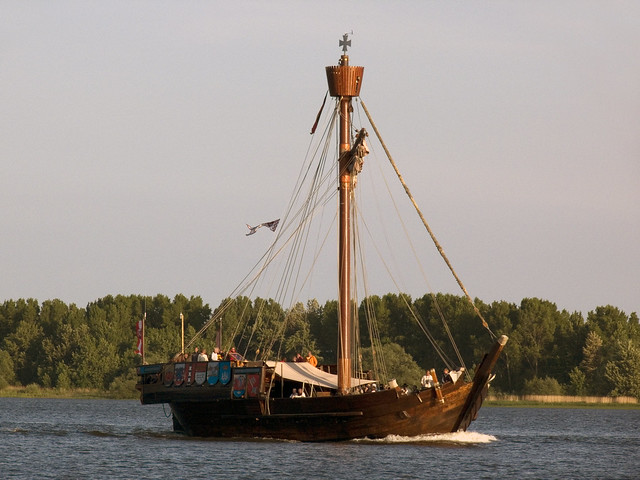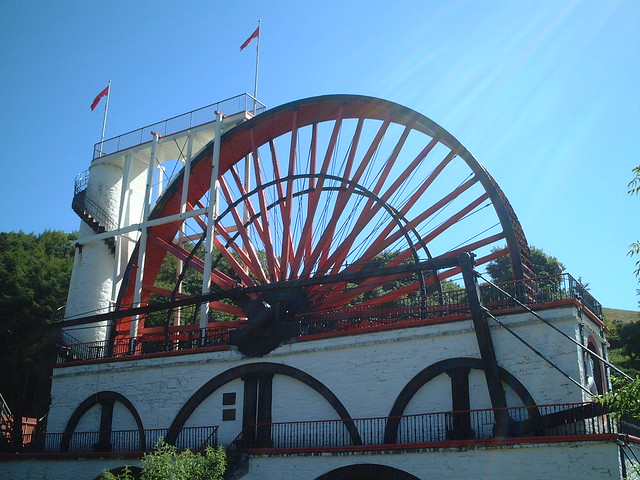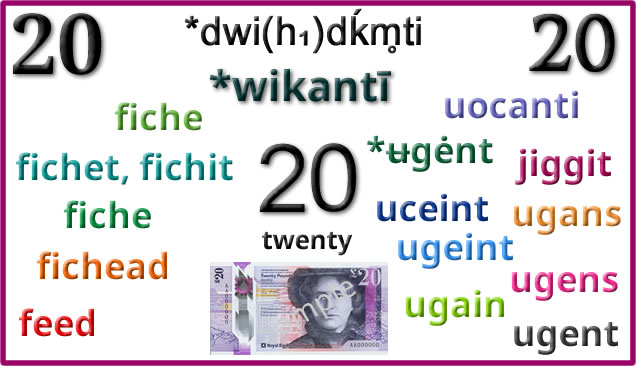Words for meeting, assembly and related gatherings in Celtic languages.

Dáil na nÓg – Ireland’s Youth Parliament
Words marked with a * are reconstructions.
| Proto-Celtic | *datlā = assembly, meeting |
|---|---|
| Old Irish (Goídelc) | dál = meeting, encounter, judgement, sentence, decree, dispensing, distribution, division, tribe comdál = assembly, meeting |
| Middle Irish (Gaoidhealg) | dál, dáil = meeting, encounter, conference, assembly, convention, court; case, dispute, controversy; judgement, decree, sentence, law; agreement, contract, covenant dál-loc, dálluc = meeting place dál-ṡuide, dálṡuidae = judgement-seat, forum dál-tech = meeting house comdál, comdhail, comdāl = meeting, tryst, assembly, conference |
| Irish (Gaeilge) | dáil [d̪ˠɑːlʲ / d̪ˠaːlʲ] = meeting, tryst, encounter, assembly, convention, match-making gathering, betrothal, legislative assembly, parliament, distrubtion, decree, judgement, matter, condition, affair Dáil Éireann = the lower house of the Parliament of Ireland dáilcheantar = (parliamentary) constituency dáileach = distributive dáileacháin = distribution dáileán = handout, leaflet dáileog = little portion, dose dáileoir = distributor, dispenser dálach = found of meetings, of company; suitable for gatherings comhdháil = meeting, tryst, convention, congress |
| Scottish Gaelic (Gàidhlig) | dàil [daːl] = agreement, covenant, condition, circumstance, history còmhdhàil [kɔ̃ː.al] = congress, convention, meeting, encounter, transport, group of people mòr-dhàil [moːrɣal] = congress, assmebly |
| Manx (Gaelg) | coardail = accord, agreement, covenant, convention, compromise coardailys = agreement, compliance, compromise, concord, harmony |
| Proto-Brythonic | *dadl [ˈdadl] = assembly, meeting |
| Old Welsh (Kembraec) | dat = meeting, assembly, council, court |
| Middle Welsh (Kymraec) | daddyl, dadyl, dadl, datlev = argument, dispute, controversy, plea, lawsuit, complaint; meeting, assembly, council, court; account, transaction; battle, fight dadleu, dadlev, datleu = arguement, reasoning, controversy, contention, dispute; meeting, assembly, council, business, proceedings; court of lawm assizes, lawsuit, pleading, plea; battle, fight dadlewad, dadleuad = pleading, debate, disputation, intercession dadleu, dadlew = to argue, debate, dispute dadleuty, dadlaudy = court of law, guildhall, forum, parliament (house); theatre dadleuwr, dadylewr = advocate, counsel, solicitor, attorney; litigant kinatlet, kynnadled = conference, assembly, congress |
| Welsh (Cymraeg) | dadl [dadl] = argument, debate, wrangle, controversy, contention, plea, lawsuit, complaint dadlau = arguement, reasoning, controversy, contention, dispute dadl(eu)af, dadl(a)u = to argue, debate, dispute dadleuol = controversial, debatable dadleuwr, dadylewr = advocate, counsel, solicitor, attorney, debater, disputant cynhadledd = conference, assembly, congress |
| Middle Cornish (Cernewec) | dadyl, dadl, datl = assembly, forum (?) dadloyer = speaker, orator |
| Cornish (Kernewek) | dadhel = arguement, discussion, dispute dadhelor(es) = debater, orator dadhelva = debate dadhla = to argue, debate, discuss |
| Old Breton (Brethonoc) | dadl = quarrel, arguement |
| Middle Breton (Brezonec) | dael = quarrel, arguement |
| Breton (Brezhoneg) | dael = quarrel, arguement daelañ = to discuss, dispute |
Etymology: possibly from Proto-Indo-European *dʰh̥₁-tl-eh₂, from *dʰeh₁- (to do, put, place) [source]. Words from the same roots include odd, wood, word, deed, theme and many more in English, oord (place, region) in Dutch, and soler (to get used to, tend to) in Spanish [source].
| Old Irish (Goídelc) | cruinn = circular, globular, round |
|---|---|
| Middle Irish (Gaoidhealg) | cruinn = round, globular, compact, precise, assembled, cruinniugad, crunnaghadh = (act of) gathering, collecting, assembling |
| Irish (Gaeilge) | cruinn [kɾˠiːnʲ] = round, gathered, exact, accurate, concentrated cruinniú [ˈkɾˠɪn̠ʲuː] = gathering, meeting, assemblage cruinniúchán = (act of) gathering cruinnitheoir = gatherer, collector cruinnigh = to gather, assemble, collect, draw together, summon up, recover, converge, focus |
| Scottish Gaelic (Gàidhlig) | cruinneachadh [krɯ̪ʲəxəɣ] = (to) gather, assemble, collect, accumulate; gathering, assembly, collection, accumulation cruinnich [krɯn̪ʲɪç] = related to a mòd, courtly, fond of meetings cruinneachail [krɯn̪ʲəxal] = (ac)cumulative cruinneachair [krɯn̪ʲəxɛrʲ] = gatherer neach-cruinneachaidh = collector, gatherer talla-cruinneachaidh = meeting hall |
| Manx (Gaelg) | cruinnaght = assembly, function, gathering, event cruinnaghey = assemblage, congregation; to gather, focus, huddle, sum up cruinneyder = gatherer |
| Middle Welsh (Kymraec) | krynoi, crynói = to gather, hoard, amass, make round, roll up crynoat = a bending, stooping |
| Welsh (Cymraeg) | cryn(h)oad = the act of gathering together, compendium, summary, digest, assembly crynhoi = to muster, assemble, gather, hoard, amass, make round, roll up crynhofa = assembly, collection, gathering, store, reservoir crynhowr = one who collects or gathers together crynoëdig = gathered together, abridged |
Etymology: from Proto-Celtic krundis (round), which probably from a non-Indo-European substrate language. [source]. Words for round in Celtic languages come from the same roots.
| Scottish Gaelic (Gàidhlig) | mòd [mɔːd] = assembly, meeting, court of justice, mòd (cultural festival) mòdach [mɔːdəx] = related to a mòd, courtly, fond of meetings mòd-ceartais = tribunal |
|---|---|
| Manx (Gaelg) | mod = assembly, gathering, meeting |
Etymology: from Old Norse mót (meeting, joint), from Proto-Germanic *mōtą (meeting) Proto-Indo-European *meh₂d- (to meet, approach, encounter) [source]. Words from the same roots include meet and moot (subject of discussion, arguable, debatable) in English, møde (meeting, encounter, conference) in Danish, and mót (meeting, gathering, assembly) in Icelandic [source].
| Middle Welsh (Kymraec) | kynnull = collection, a gathering (of harvest, etc) kynullaw, cynull = to collect, gather, bring together, muster, assemble kinvllaud, cynullawd = a gathering, assembly cynulledic = collected, gathered, assembled, collective cynulleidua, cynulleitua, kynulleitua = congregation, audience, gathering, host |
|---|---|
| Welsh (Cymraeg) | cynnull [ˈkənɪɬ] = collection, a gathering cynullaf, cynullo = to collect, gather, bring together, muster, assemble cynulliad = assembly, gathering cynull(i)edig = collected, gathered, assembled, collective cynulleidfa = congregation, audience, gathering, host ymgynnull = to assemble |
| Middle Cornish (Cernewec) | cuntell, contell = a gathering together, collection cuntell, cuntullys, cuntyllys, contellyes = to gather together, collect cuntellet = a congregation cuntellyans = a gathering together |
| Cornish (Kernewek) | kuntel = collection; to accumulate, collect, gather, pick; harvest kunteller, kuntellores = collector, picker kuntelles = assembly, congress, meeting kuntellyans = aggregation, congregation |
| Breton (Brezhoneg) | kuntuilh = to pick, picking kuntuilher = picker kuntuilherezh = picking |
Etymology: from Proto-Brythonic *köβ̃- (with, together), from Proto-Celtic *kom- (with, together), from PIE*ḱóm (beside, near, by, with) + dull (method), from PIE *deyḱ (to show, point out) [source].
Sources: Wiktionary, Am Faclair Beag, Online Manx Dictionary, Teanglann.ie, eDIL – Electronic Dictionary of the Irish Language, In Dúil Bélrai English – Old Irish glossary, An Etymological Dictionary of the Gaelic Language, Geiriadur Prifysgol Cymru, Gerlyver Kernewek, Dictionaire Favereau, TermOfis, English – ProtoCeltic WordList (PDF), Etymological Dictionary Of Proto Celtic














